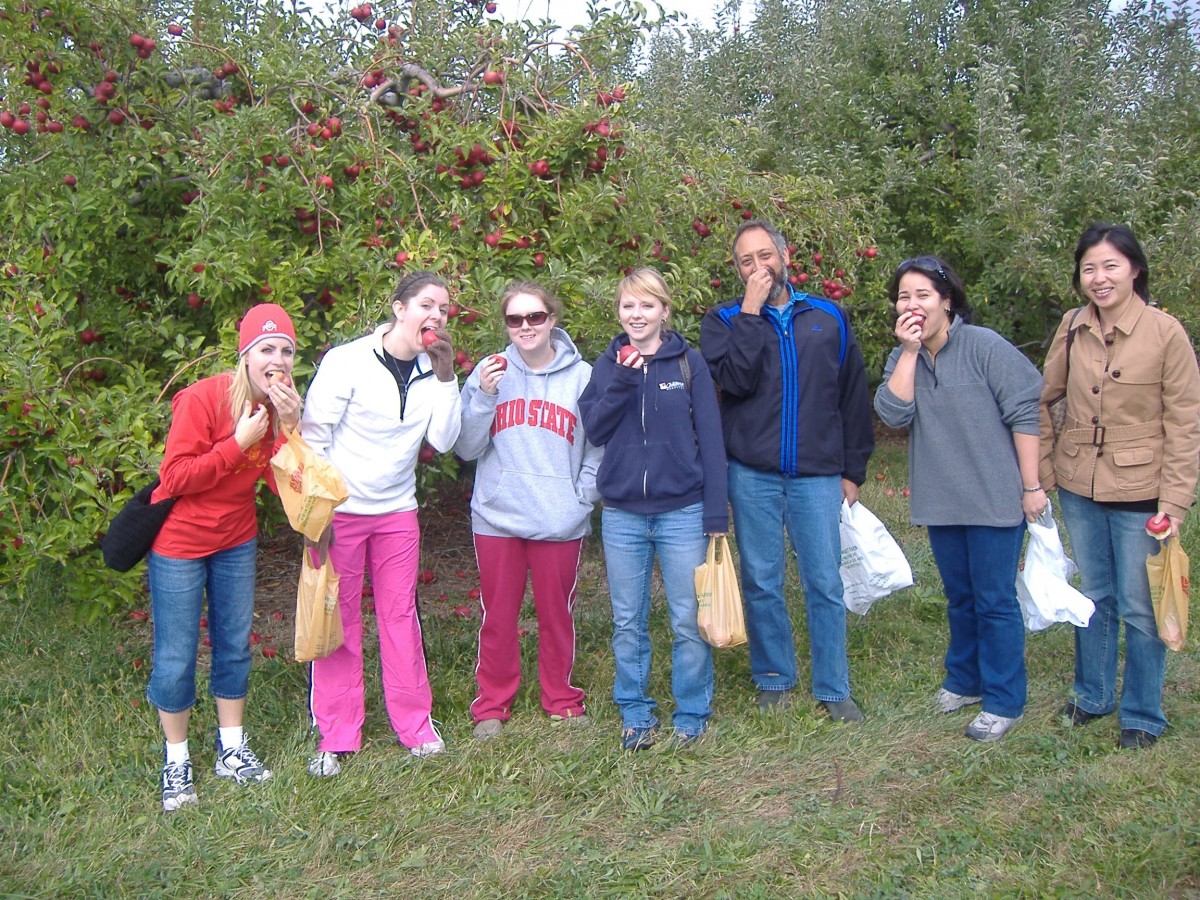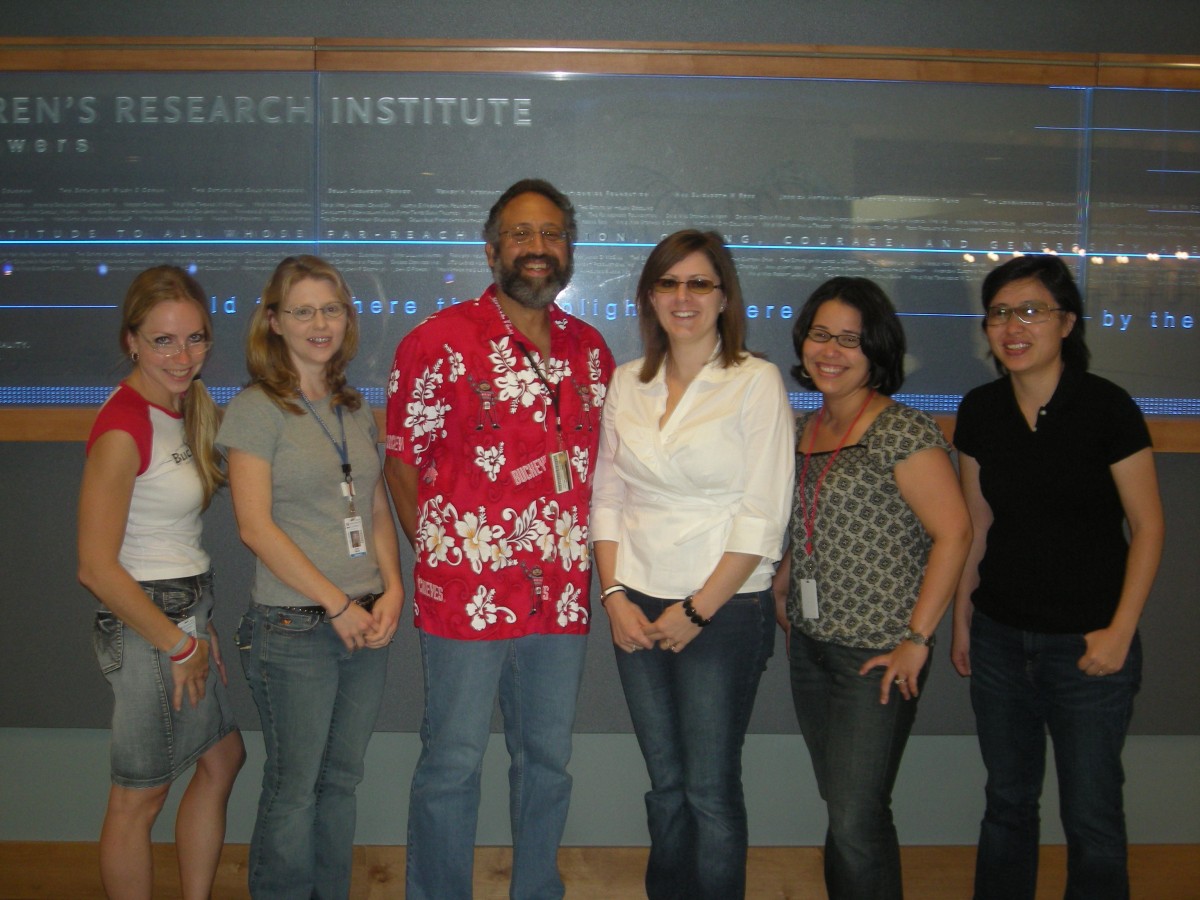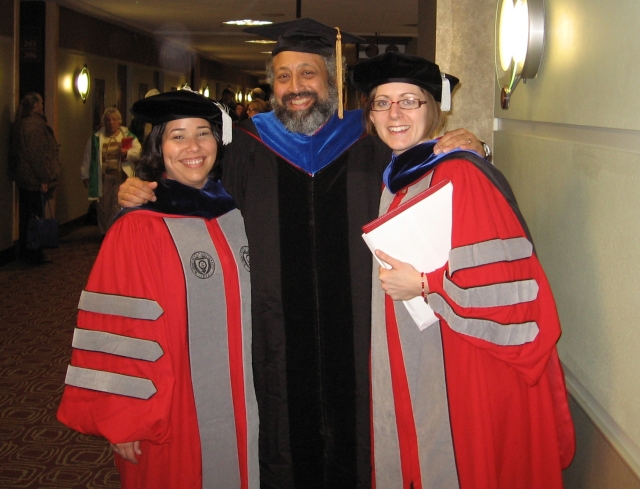Borinqueña 101: How to choose a thesis advisor in graduate school
Submitted by Reyna I. Martínez De Luna on
Borinqueña emphasizes the contribution of Puerto Rican and Hispanic women in science and technology and provides a space to discuss topics of interest about the empowerment of women. In “Borinqueña 101” we will share experiences and advice that will be useful in your future career in science.
I still remember the stress of choosing a thesis advisor when I was in graduate school. I remember my fear of thinking: what if I make a mistake? Choosing your advisor is one of the most important decisions you will have to make as a graduate student. The success of your graduate school career depends to a great extent on the advisor you choose.
In most graduate programs, before you choose a thesis advisor, you will work in different laboratories during short periods of time known as rotations. You should use this time to explore your scientific interests and to determine the work ethic of each laboratory. Your rotations will last until the end of your first year. It is at this time when you have to choose an advisor and the laboratory where you will perform your dissertation work. To choose a good advisor you should consider these essential factors:
1) Research topic: A decisive factor when choosing your advisor is that you are very interested in their research. Your dissertation work will be an extension of that topic. Doing research in a topic that does not interest you will limit your motivation, initiative, and creativity to complete your project. This will make you graduate school career very challenging and tedious.
Here a classic parody highlighting the importance of selecting a good research topic for graduate school
2) Advisor personality: Besides the research topic, it is also very important that you choose a advisor that matches your personality. Most theses projects take an average of five to six years to complete. During this time you will work under the direction of the same advisor that you chose at the beginning of graduate school. To determine the personality of your advisor it is very important that you meet and talk to this person. It is also crucial to talk with the students and ask about their experience in the lab. If you do not like what you hear about your prospective advisor, my recommendation is that you pay attention. Usually the things that you hear have a ring of truth.

It is very important to have a good "chemistry" and communication
3) Management style: Every researcher has a different style of managing the lab. Some researchers decide to manage very closely every aspect of the lab. This type of advisor tends to provide less freedom when it comes to taking decisions related to your project. Other researchers are more relaxed when it comes to managing the lab, and although they supervise how the lab functions, they do not try to control every aspect of it. This type of advisor usually works with students in a more collaborative manner, and takes into account your opinion when taking decisions related to your project. The expectation of how much time you should work in the lab is also part of the advisor’s management style. When you join the lab you should meet the number of hours expected by the advisor. Make sure that your expectations of the amount of time you should work in the lab are in agreement with your advisor and personal commitments. Just like the advisor’s personality, the advisor’s style of managing the lab should match your personality and your working style.
4) Success in training students: As a graduate student this should be extremely important to you. It is in your best interest to know how many graduate students your prospective advisor has trained. If the advisor has not graduated students, you should determine the progress of the students in the lab and how much time they have left to finish their doctorate. It is also important to determine the training opportunities that your prospective advisor provides the students. A good advisor promotes students to give talks, and to write papers and grant proposals. Exposure to this kind of opportunities during graduate school will make you a good scientist regardless of your goals after obtaining your doctorate.

A good thesis advisor cares about their student's succces and future career
5) Funding record and publications: In the research world, the success of a researcher is measured by the number scientific publications and the amount of research funding. Although this is not a direct measure of how successful an advisor is at training students, it is definitely a factor that you should consider while making your decision. The funding will pay for your salary, supplies and equipment you will need to complete your project. It is also important to consider if your advisor has a good publication record and publishes frequently. To establish your scientific career you will need to publish your findings and for this you will need an advisor that publishes frequently. When you finish your doctorate and begin to look for a job, your productivity will be measured in the same way your advisor’s productivity is measured: by the number of your publications. For this reason, it is extremely important to choose an advisor that publishes frequently the work of the students.
6) Clear definition of your thesis project: When you choose your advisor it is also important to determine if your project and the questions you will be answering are well defined from the start. It is risky to start a thesis project with an exploratory project without clear goals. For a graduate student without previous experience (we all went through this stage), it is very difficult to move forward a thesis project without advice. Leave exploratory projects for when your thesis project is more advanced and your technical repertoire is more extensive. Sometimes those “side projects” are a lot of fun, interesting and result in publications, so do not discount them completely.
If you follow these tips when you choose your advisor, you will start in your new lab with clear goals and you will not have any surprises later. It is impossible to predict all possibilities, but at least these tips will provide you a solid foundation to start. Lastly, keep in mind that to succeed in science it is very important to have the support of other colleagues that believe in you and your goals. In addition to your thesis advisor, seek mentoring from other women scientists that walked the same road. Advice from these mentors can ease your way and keep you on track to your goal of obtaining your doctorate. Best of luck Borinqueña!
You can follow Reyna Martínez on Twitter @remadel Use #borinqueña to spread the word.









